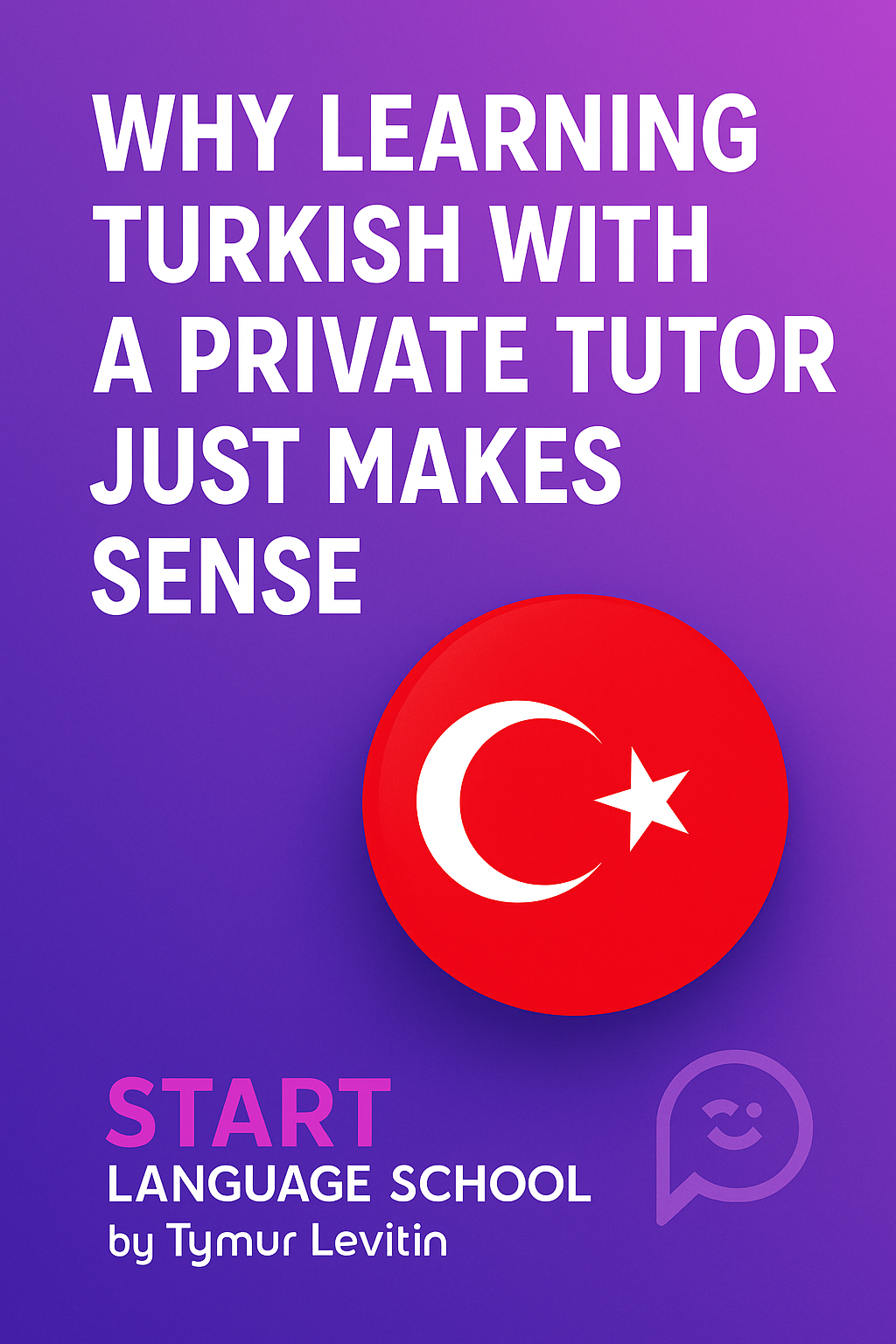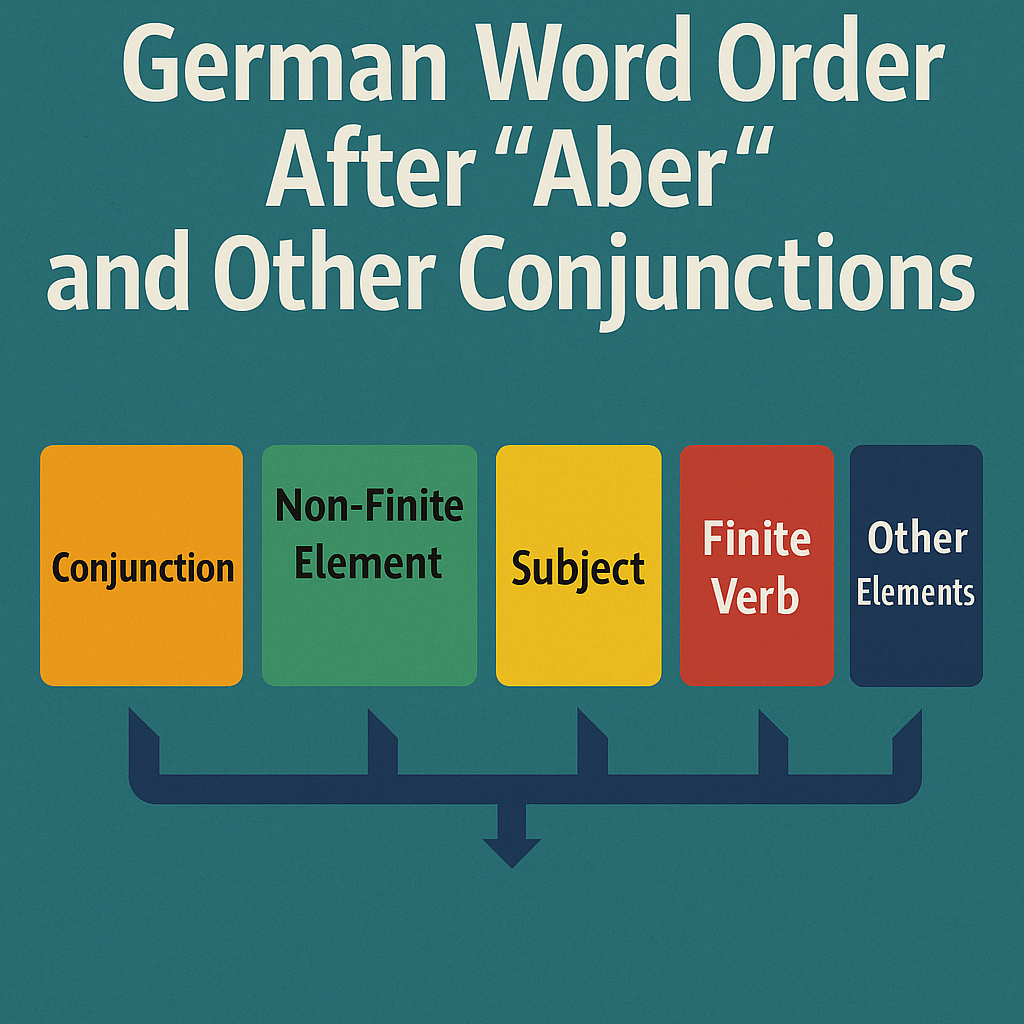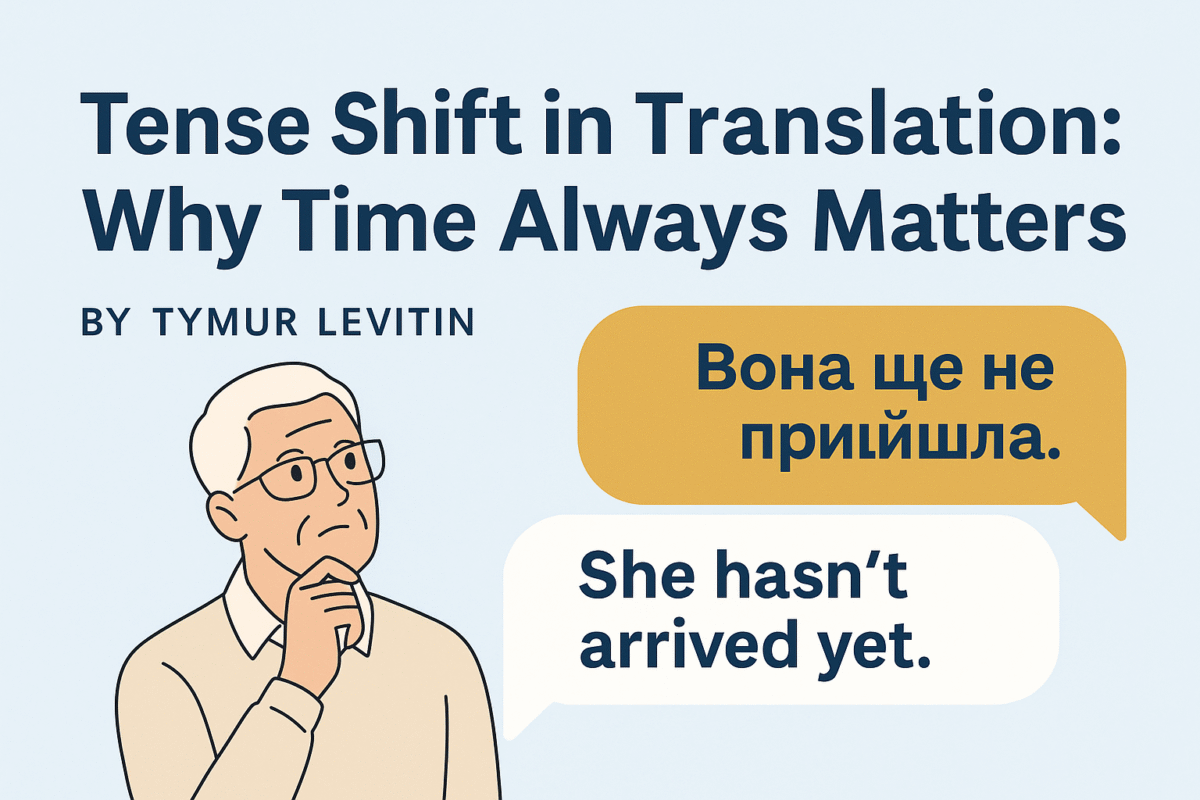At Levitin Language School, we believe that language is not memorized — it’s felt. We don’t just teach grammar rules. We help students develop an intuitive sense of language, so that grammar becomes as natural as tying your shoes or sipping coffee. And nothing reflects this better than the question of tense in translation.
This isn’t theory for theory’s sake. It’s based on real work with real students — including many thoughtful adults who have studied multiple languages throughout their lives. Now, they want more than just “correct answers” — they want to deeply understand how meaning changes when moving from one language to another. And that’s what we do: together, we explore the nuances.
The Illusion of One-to-One
Translators often start with the assumption that past equals past, present equals present, and future equals future. But real-life language doesn’t work that way. A sentence like “Вона уже прочитала цю книгу” could become:
- She has already read this book. (Present Perfect)
- She already read this book. (Past Simple)
- She had already read this book. (Past Perfect)
All are possible, depending on context. And this is where true mastery begins.
3 Sentences, 9 Interpretations
Let’s look at just three Ukrainian sentences:
- Вона уже прочитала цю книгу.
- Вона читає цю книгу вже годину.
- Вона ще не встигла дочитати книгу.
A student might try:
- She has already read the book.
- She’s been reading the book for an hour.
- She hasn’t managed to finish the book yet.
But someone else might say:
- She read the book already.
- She is reading the book now and has been for an hour.
- She didn’t get to finish the book.
All of these are valid — depending on tone, context, and intent.
What Changes the Tense?
- Is the time frame finished or open?
- Is the result still relevant?
- Is the action habitual, completed, or interrupted?
- What’s the speaker’s intention?
Grammatical tense is a storytelling device. And as translators and language learners, our job is not to convert mechanically, but to understand what the sentence is doing.
Going Deeper: Complex Cases
Compare these:
- Я працював над цим проєктом зранку.
→ I was working on this project in the morning.
→ I have been working on this project since morning.
→ I worked on the project this morning.
Which one is right? Again — depends on whether you’re describing the experience, the fact, the duration, or the result.
Language Is Time Travel
Every time we choose a tense, we create a timeline. A good translator sees not just a sentence — but the whole situation behind it. That’s why we created the Tense Shift project at Levitin Language School: to help students develop a real feel for time, mood, and meaning.
Try It Yourself
Here’s one to test your instincts:
Я не знав, що ти уже завершив.
Translate this into English. Which tense combination would you use — and why?
Related Lessons & Posts:
Speak free. Learn smart.
By Tymur Levitin, Founder and Senior Language Instructor at Levitin Language School.
🔗 Meet the author →
© Tymur Levitin. All rights reserved.





















